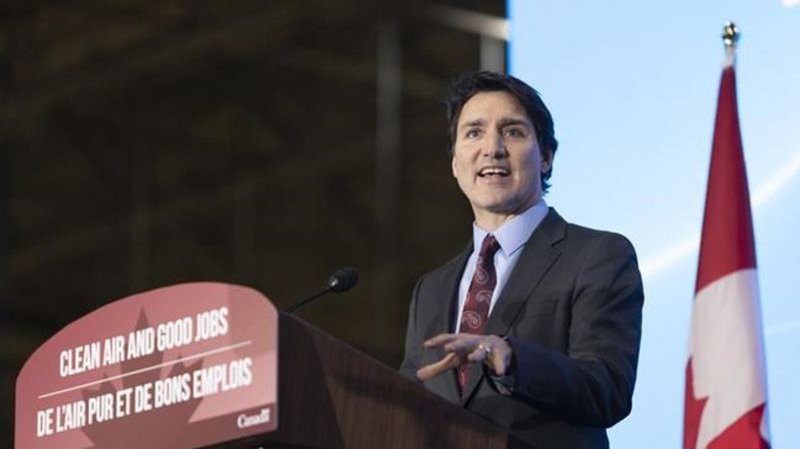
Friendly rivals: with EV tensions in past, Canada poised to compete with biggest ally
WASHINGTON — Friends, partners, allies — and rivals.
With cross-border auto tensions now in the rear-view mirror, Prime Minister Justin Trudeau is talking about Canada’s next big bilateral challenge: head-to-head economic competition with the United States.
From a Canadian perspective, the first two years of President Joe Biden’s term were all about countering a persistent bout of U.S. protectionism by preaching the virtues of trade between like-minded partners.
Something sank in. Biden’s panic-inducing plan to energize electric-vehicle sales brought Canada and Mexico into the tent at the 11th hour. And Treasury Secretary Janet Yellen even coined a new term — “friend-shoring” — to placate America’s anxious allies.
